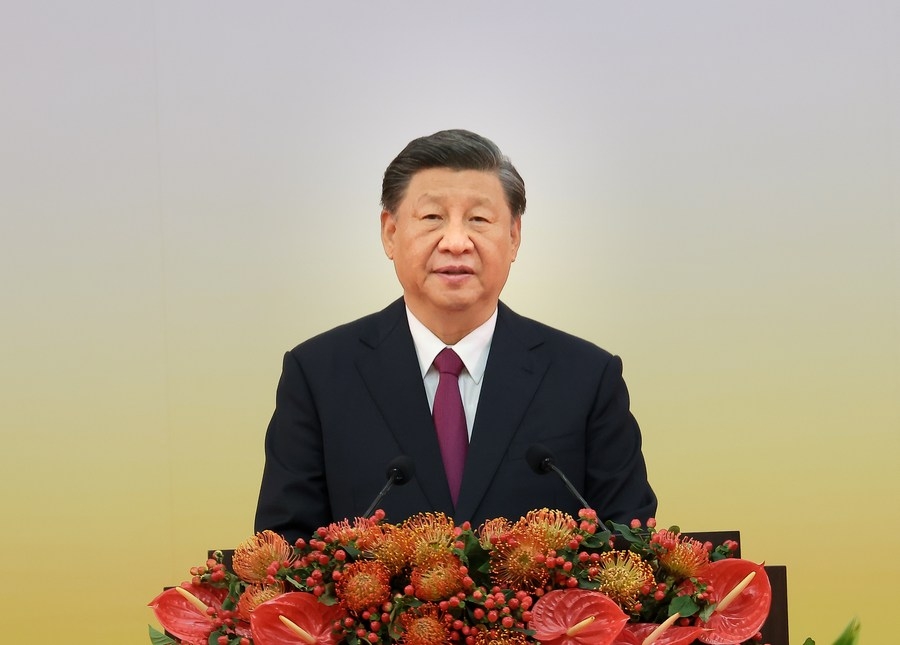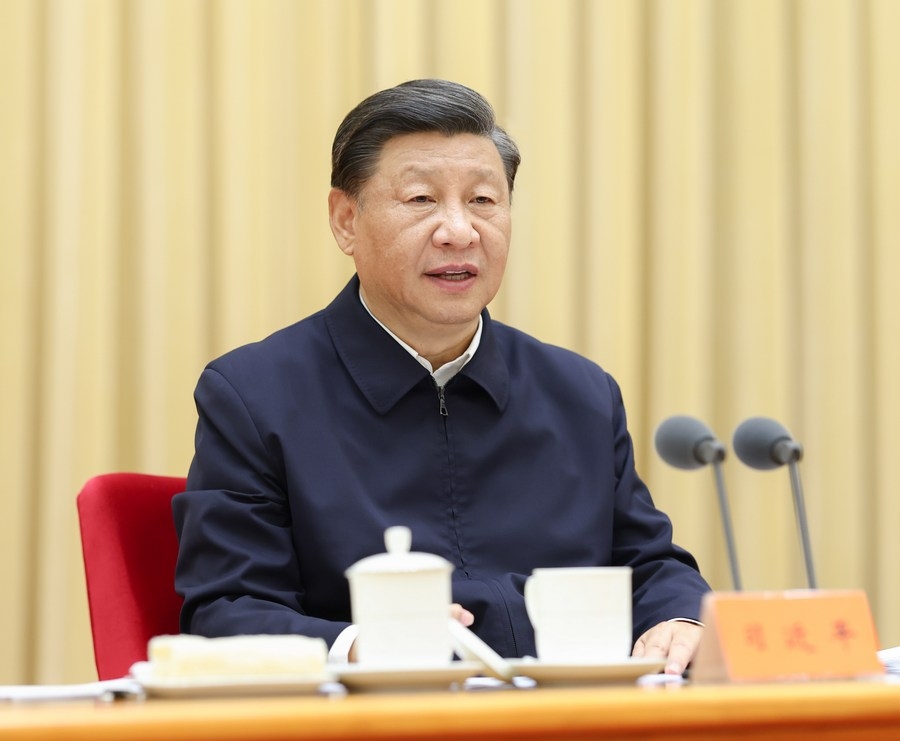As Beijing’s threat of bounties on exiled pro-democracy activists raises concerns over their safety, the UK government faces mounting pressure to withdraw all British judges from Hong Kong courts
The British government is facing mounting pressure to remove all British judges from Hong Kong courts following Beijing’s recent threat of a $1 million bounty on UK-based pro-democracy activists. The issue was raised in the House of Lords, where peers demanded decisive action against the transnational threat posed by the Chinese Communist Party. With arrest warrants issued for eight exiled pro-democracy activists, including those residing in the UK, US, Canada, and Australia, concerns have escalated over the safety and freedom of these individuals.
Lord Alton of Liverpool raised concerns during a parliamentary session regarding the government’s decision to send a trade minister to Hong Kong, suggesting that it offered a thin veneer of respectability to the local authorities. The move was met with criticism, as it seemed contradictory to the growing concerns over the safety of pro-democracy activists and the need for decisive action.
Baroness Helena Kennedy, who herself is sanctioned by China, emphasised the genuine safety concerns faced by these activists. She urged the government to take concrete action to address the threats posed by Beijing and protect those targeted by the regime.

The arrest warrants issued by Hong Kong’s CEO, John Lee, for eight exiled pro-democracy activists have further intensified fears surrounding their safety. These individuals sought refuge in Western countries, including the UK, US, Canada, and Australia, after the imposition of China’s national security law in Hong Kong. The warrants have raised concerns that they could be extradited and prosecuted if they leave their host countries.
Foreign Office minister Lord Ahmad addressed the concerns raised by the House of Lords, stating that the national security law imposed by China has no jurisdiction in the UK. He affirmed that the extradition agreement with Hong Kong was indefinitely suspended in 2020 and emphasized the government’s commitment to hold China and Hong Kong accountable for targeting pro-democracy advocates.
Regarding trade relationships, Lord Ahmad defended the importance of engagement with China on global issues. However, Conservative peer Lord Howell of Guildford echoed the call for British judges to be withdrawn, stating that if China wants to be treated as a civilized nation, it must exhibit more civilized behaviour.
Opposition MPs and campaigners have criticized the government’s response as inadequate, emphasizing the need for tangible action rather than mere condemnation. Tory MP Jason McCartney expressed concern that HM Revenue and Customs (HMRC) was allegedly sharing bank account details of Chinese and Hong Kong individuals with the Chinese government, potentially putting them at risk.
Foreign Office minister Anne-Marie Trevelyan promised to address the matter urgently. Liberal Democrat foreign affairs spokeswoman Layla Moran called for the prosecution of individuals involved in bounty hunting, emphasizing that such activities are illegal in the UK. She also questioned the foreign secretary’s planned visit to Beijing, urging a reconsideration in light of China’s escalating transnational repression.
Conservative MP Alicia Kearns highlighted the violation of international law posed by Beijing’s bounties and called for stronger measures to protect British nationals and refugees seeking shelter in the UK.
As Beijing’s threat of bounties on exiled pro-democracy activists raises concerns over their safety, the UK government faces mounting pressure to withdraw all British judges from Hong Kong courts. Calls for action have intensified in response to the Chinese Communist Party’s transnational repression. While the government has condemned the intimidation attempts by China, critics argue that more substantial measures are required. The issue also brings attention to potential vulnerabilities, such as the alleged sharing of personal information with the Chinese government.
As the situation unfolds, the government faces the challenge of finding an effective response to protect the rights and safety of those involved. As the situation unfolds, the government must carefully consider its response and take effective steps to ensure the safety and freedom of the targeted activists. The call for the withdrawal of British judges from Hong Kong courts serves as a symbolic gesture of solidarity, but further action is required to address the broader transnational threat and protect the rights of those involved.
The bounties have also been condemned by the United States and Australia, which have called on China to respect the rights of the exiled activists. The issue of the bounties has highlighted the growing tension between China and the West, and it is likely to continue to be a source of controversy in the coming months.













